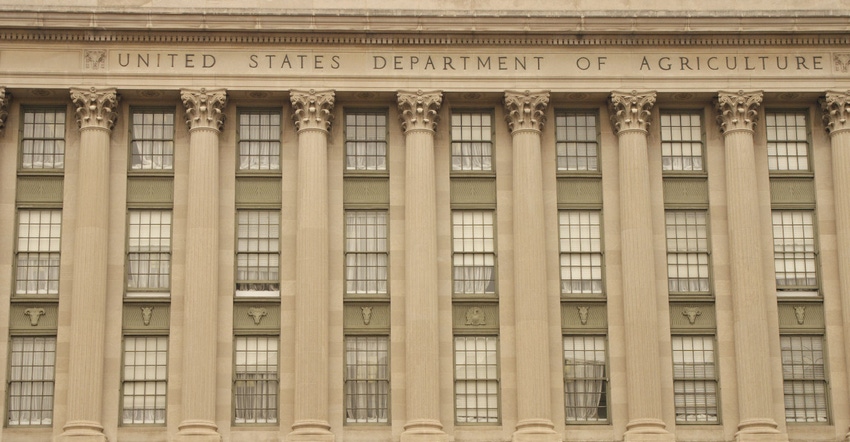Additional requirements apply to dogs imported from ASF-postive countries.
August 9, 2021

The USDA’s Animal and Plant Health Inspection Service announced Aug. 6 a federal order establishing additional requirements for dogs imported into the United States for resale from African swine fever (ASF)-positive countries. Ensuring ASF and other foreign animal diseases don’t enter the country is one of the National Pork Producers Council’s (NPPC) top priorities. Earlier this year, NPPC sounded the alarm on the potential for imported rescue dogs to serve as disease carriers from their bedding, crates or coats, becoming a lead issue during our spring Legislative Action Conference (LAC).
The United States remains free of ASF – an animal disease affecting only pigs with no human health implications.
As USDA explained, effective immediately, importers of dogs into the United States for resale from a region in which ASF exists or is reasonably believed to exist, must submit written documentation verifying completion of the following requirements:
The dog(s) and their shipping crate/container must be free of dirt, wood shavings, hay, straw, or any other organic/natural bedding material.
All bedding that accompanies the dog(s) during transit must be properly disposed of at the U.S. post-entry point(s) of concentration.
Each dog must have an ISO-compliant microchip implanted, and the individual microchip number must be verified immediately before each animal is bathed.
Each dog must be bathed at the U.S. post-entry point(s) of concentration within two calendar days of arrival in the United States. Bathing must be documented in the Veterinary Services Dog Import Record.
“Each year, several thousand dogs enter the country for resale or adoption. If even one of these animals carried ASF into the country, it could put the U.S. swine herd and other livestock in jeopardy and have disastrous consequences for our nation’s agriculture sector,” said NPPC Chief Veterinarian Dr. Liz Wagstrom. “We thank USDA for implementing these additional safety measures to prevent the spread of ASF to the United States.”
You May Also Like



